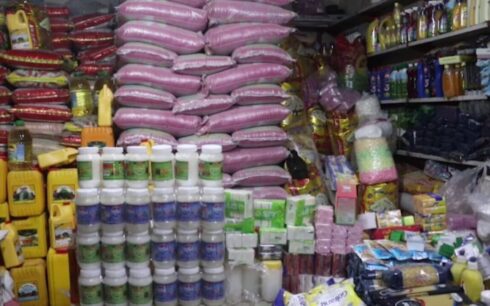A senior Taliban delegation concluded a four-day visit to Russia’s Republic of Tatarstan with the signing of five economic cooperation agreements and meetings with top Russian officials.
Abdul Ghani Baradar, the Taliban’s deputy chief minister for economic affairs, led the delegation and announced upon returning to Kabul that the group had met with Tatarstan’s president, the president of Mordovia and Russia’s deputy prime minister on the sidelines of the “Kazan Forum,” a gathering focused on economic collaboration between Russia and the Islamic world.
In statements released by Taliban officials and reported in Russian media, the agreements span trade, transportation, transit logistics and joint private-sector ventures. Baradar said the talks addressed agricultural exports, industrial products, customs issues and efforts to streamline bilateral trade.
“This forum opened a new chapter in our economic relations,” Baradar said. “Important discussions took place on agriculture, industry, transit and customs.”
One of the most notable developments came as the Taliban’s acting minister of industry and commerce, Nooruddin Azizi, signed a deal with the Russian company Inteco Group for oil extraction in Afghanistan. Russian officials said the company would also be involved in building energy infrastructure, although Taliban authorities did not provide additional details.
“This series of agreements was aimed at improving economic relations between both countries,” Azizi said in a televised interview, adding that a joint committee would be formed to coordinate further activity.
The trip reflects a growing willingness by Moscow to engage the Taliban, despite the group’s continued lack of international recognition. Analysts say Russia and its Central Asian allies have adopted a more pragmatic approach toward the Taliban, motivated by concerns over regional security and efforts to block U.S. influence from reentering the region.
“Their primary concern is stability and curbing extremist spillover,” said Sardar Mohammad Rahimi, a Kabul-based political analyst. “Engagement with the Taliban is seen as a means to preserve influence and secure interests in Afghanistan.”
Baradar’s presence at the forum also drew international scrutiny, as he remains on a United Nations sanctions list under the name Abdul Ahad Turk. Listed since 2001, Baradar previously held senior roles in the Taliban’s first regime, including deputy minister of defense and military commander. According to the U.N., he played a central role in organizing attacks against NATO and Afghan government forces during the insurgency.
Despite his designation, Baradar has emerged as one of the Taliban’s key political figures since the group’s return to power in 2021.
In a notable development ahead of the visit, Russia’s Supreme Court suspended the Taliban’s designation as a terrorist organization in April, removing the group from its official list of banned extremist entities — a step previously taken by Kazakhstan and Kyrgyzstan, two close regional allies of Moscow.





